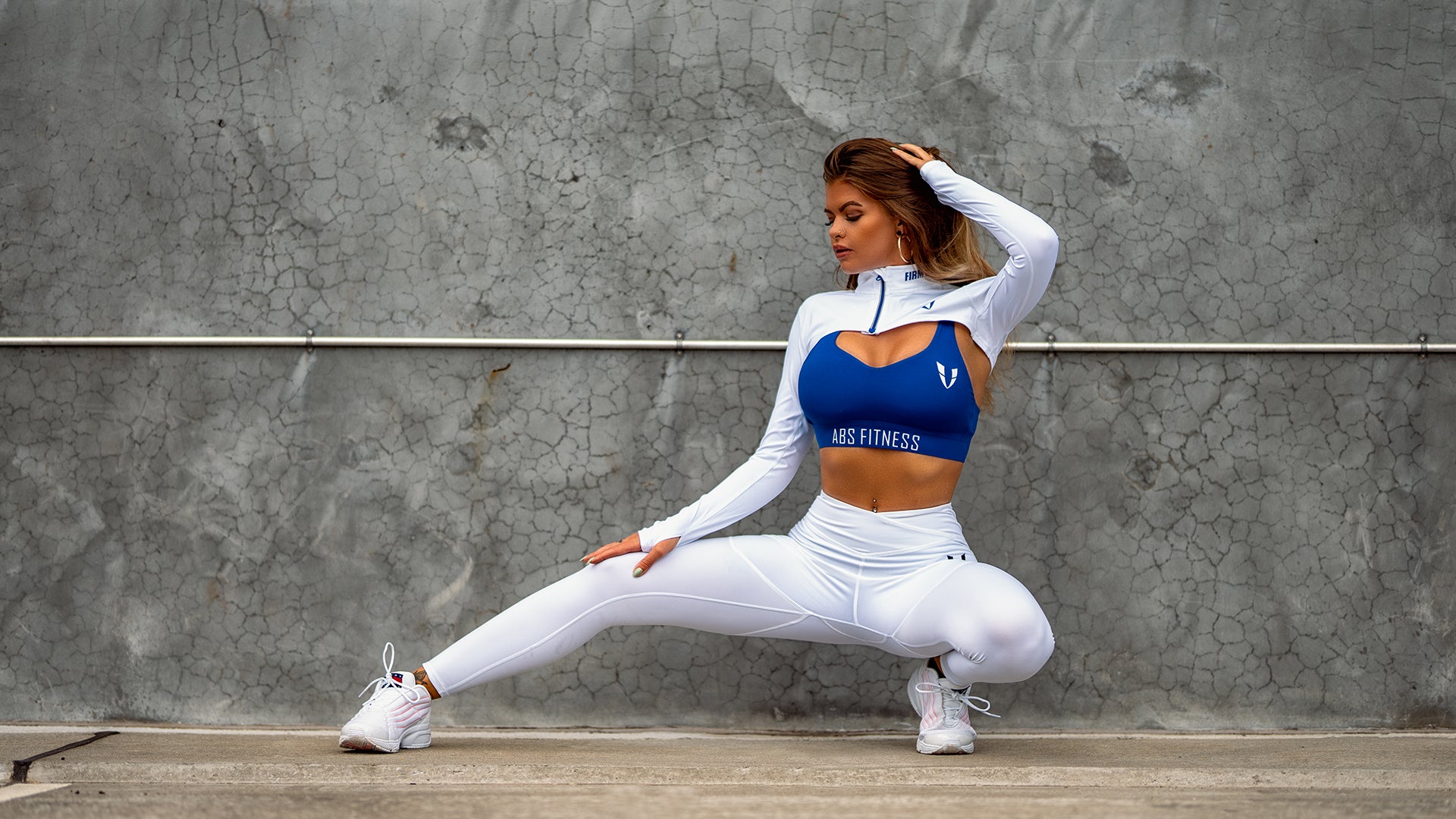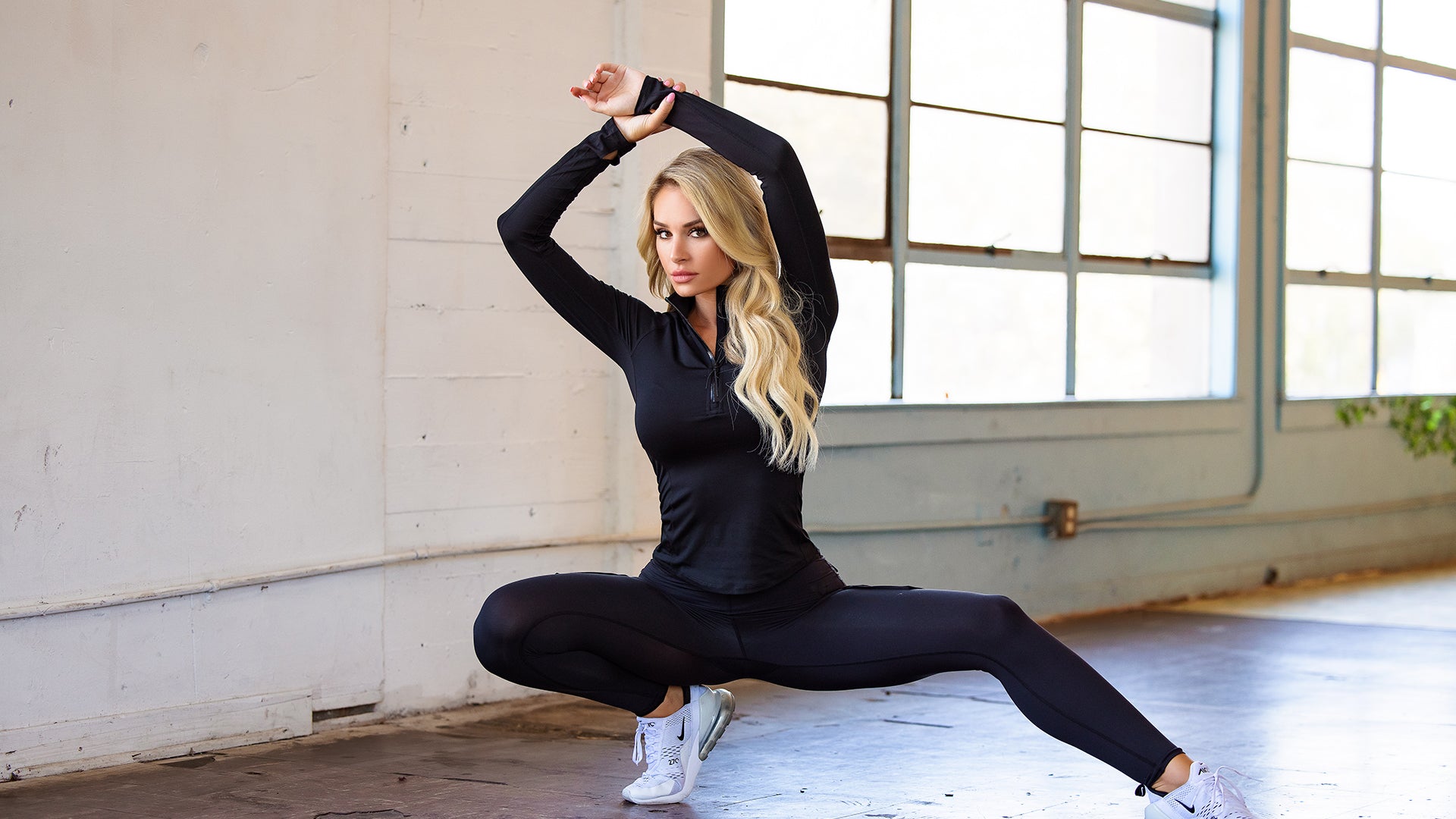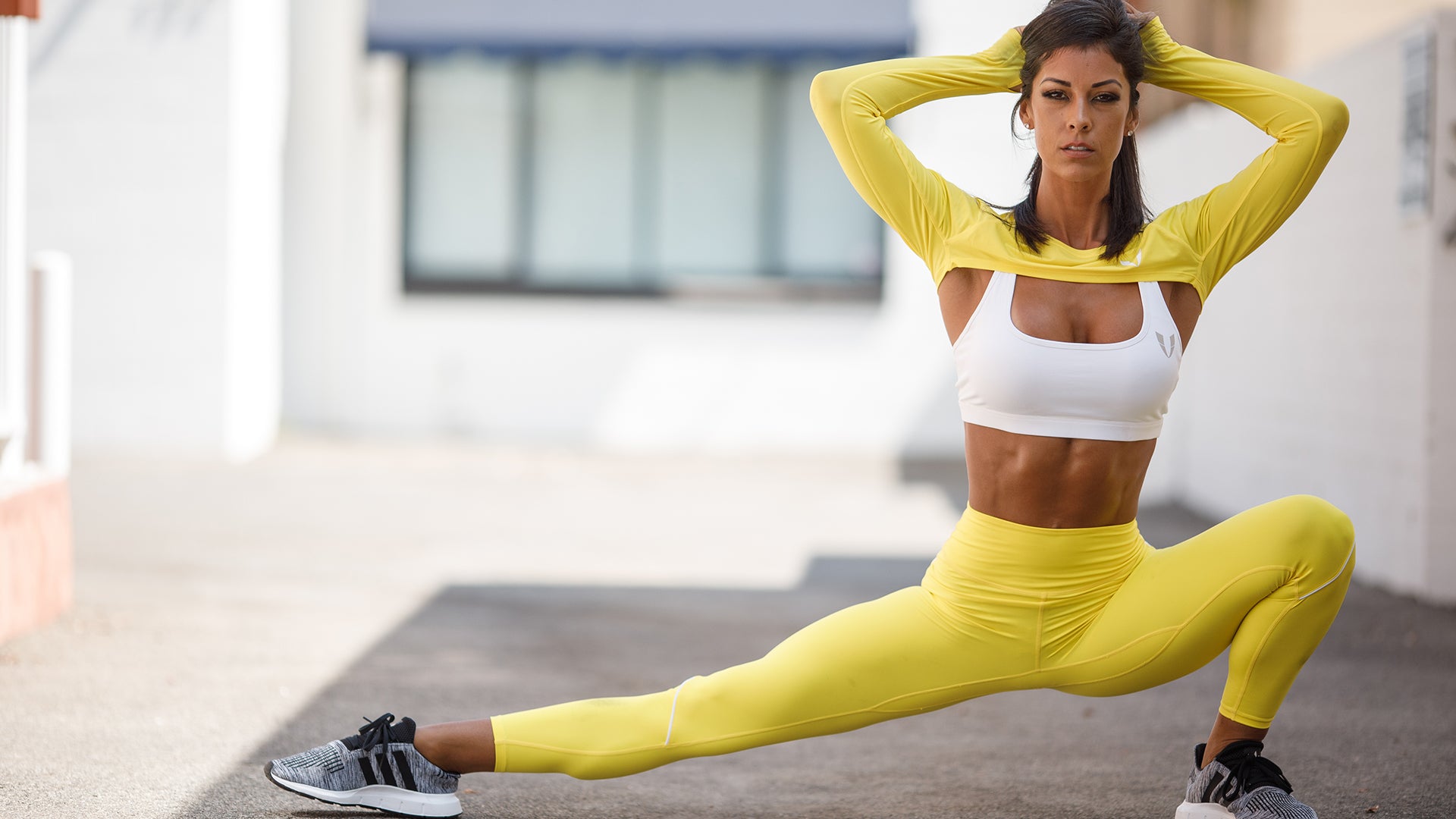
How to warm up before a run?
Running is a great cardio workout to lose weight and stay healthy, but sometimes there's a problem. Many runners find it difficult to warm up before running because of the weather or their schedule. Sometimes they feel rushed and forget to do an adequate warm-up or even forgot to wear the right workout clothes. This can make them more susceptible to injuries such as pulled muscles. In most cases, you only need 2 minutes to go from low-intensity work into high-intensity work, which requires even less time than that if you're already warmed up from biking or something else beforehand.
Here are some warming up exercises for you
In general, use your arms more than your legs when doing a warm-up so that all major muscle groups get involved in the movements. You'll be using many of the same muscles you use when running, so it's an optimal way to start your run.
Jumping Jacks
This classic kid activity is an excellent way for your whole body to get moving before running. It gets your arms pumping blood upward, increasing blood flow. Don't be discouraged by how easy this seems - 10 jumping jacks is all you need to get started! Try 20-50 if you're feeling ambitious.
Arm Swings in Place
Arm swings are another great way to warm up your body in preparation for running. They stretch out muscles and help prepare them for exertion during running or other workouts like kickboxing or dancing (it's also good with biking). When swinging your arms, make sure that you mimic running by swinging your arms back and forth in front of your body. Start with 10-20 arm swings to get the blood flowing.

Squat Thrusts
This warm-up exercise is not only a great way to work your legs but also gets the blood pumping through the rest of your body! The movement helps prep your whole body for high-intensity exercises like jogging or biking. You can start this workout with 10-15 reps before you go on to other activities.
Jumping Jumps
You guessed it - jumping jacks are another significant warming-up activity before running. This time, try 15-25 jumping jacks to warm up all muscle groups used when running. You can add in some high knees if you'd like for a variation.
Walking Lunges
Walking lunges are a great way to warm up your legs before running. It's much easier on the knees than regular lunges, and since you're walking, it gets you moving from one side of your body to another, helping circulate blood throughout your body! Just be careful not to bend too far forward with this exercise. Try doing 15-25 total repetitions to get yourself going! If this is too easy, try taking more significant steps when making lunges or turning them into regular or reverse lunges instead.
High Knees Running in Place
This last exercise helps get the blood flowing and lubricates your joints. You can do it more times than the one before this because you're not using as much weight on your legs. Try doing 20-30 high knees.

Side to Side Lunges
This last exercise combines jogging and lunges for a perfect warm-up combination. Make 25 side-to-side lunges to get your blood flowing throughout the rest of your body! This is also good for stretching tight hip flexors, hamstrings, and quads, so you don't pull anything when running. So now that you know what exercises are good for warming up before running make sure to try them before going on a run or workout.
Benefits of warming up before you run
Prepares the body for strenuous activity and prevents injury
It can be as simple as a fast walk or slow jog but always stretch before starting any strenuous activity. Stretching warms up your muscles and gets oxygen to them, which helps prevent injury. A dynamic warm-up is also beneficial to prepare your body for running by increasing heart rate and circulation without wearing you out.
Your muscles are like rubber bands; they contract when cooled and expand when warmed up
Warming up allows your muscles to work more efficiently because they are at an optimal temperature. Without warming up first, your muscles move sluggishly during exercise because bringing blood to muscle fibers takes extra effort-like the difference between propelling a car that's already in gear versus one with the engine still running. If you don't warm up, you force your muscles to move while still cold and stiff.
Prepares the body for exercise by raising your heart rate gradually
The more blood your heart pumps through your body during exercise, the more oxygen both your muscles and organs receive-which means you can run longer or faster with less fatigue. Overall, warming up lets you exercise at an intensity level that is right for you on any given day. When done correctly, it can reduce the risk of injury, including pulled muscles and strained ligaments. At a minimum, always warm up before a strenuous activity like running, walking, or lifting weights.

Warms and lubricates the joints and tendons
It also prevents strain on your connective tissue and allows you to move more fluidly by increasing the range of motion in muscles, tendons, ligaments, and joints. Without warming up first, your body is stuck fighting against stiff joints that need more effort-and often result in less power-to move through their full range of motion.
Helps regulate breathing and heart rate
Warming up helps regulate breathing and heart rate, which allows you to work out at an aerobic level without getting overly tired too quickly. Runners who don't warm up run the risk of working themselves into a state of oxygen deprivation, which forces them to slow down before they've completed their workout. Warming up gradually increases circulation and respiratory rate. It reduces the buildup of lactic acid in muscles during exercise, leading to fatigue later on if not properly managed. A proper warm-up also prevents shallow breathing that can occur when taking off too fast or running uphill, both of which can lead to hyperventilation.
Increases blood flow to the upper body, head, and neck
It also helps you focus on your breathing slower, which is better for your oxygen intake. Warming up properly ensures that you're ready to go when exercising, including starting your run with good form by running smoothly instead of powering off the line or taking the first mile too fast.





댓글 남기기
이 사이트는 hCaptcha에 의해 보호되며, hCaptcha의 개인 정보 보호 정책 과 서비스 약관 이 적용됩니다.